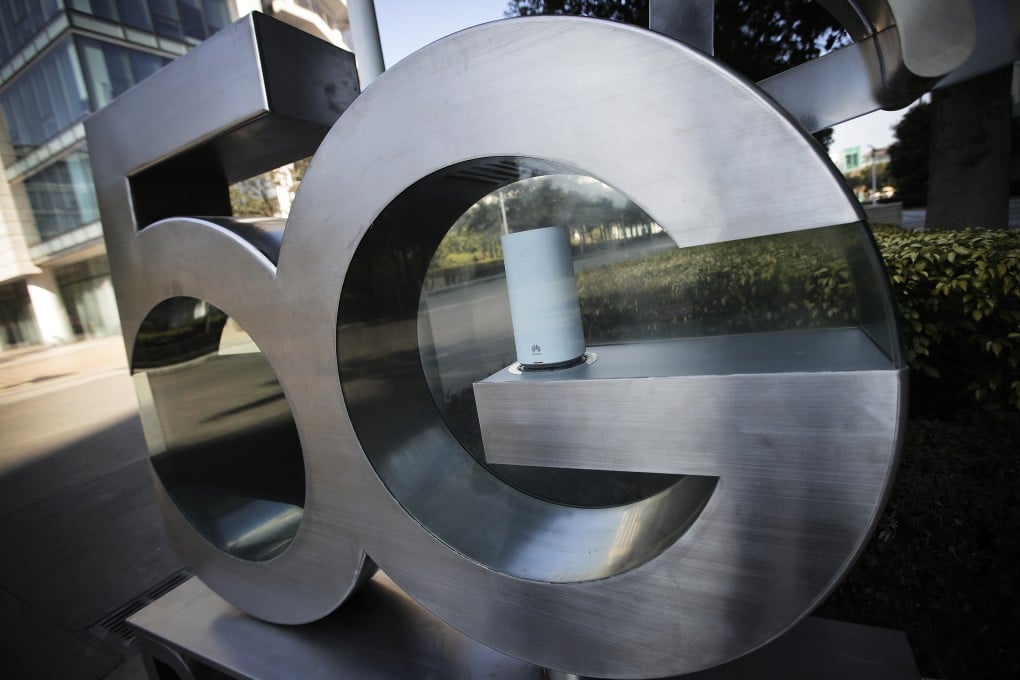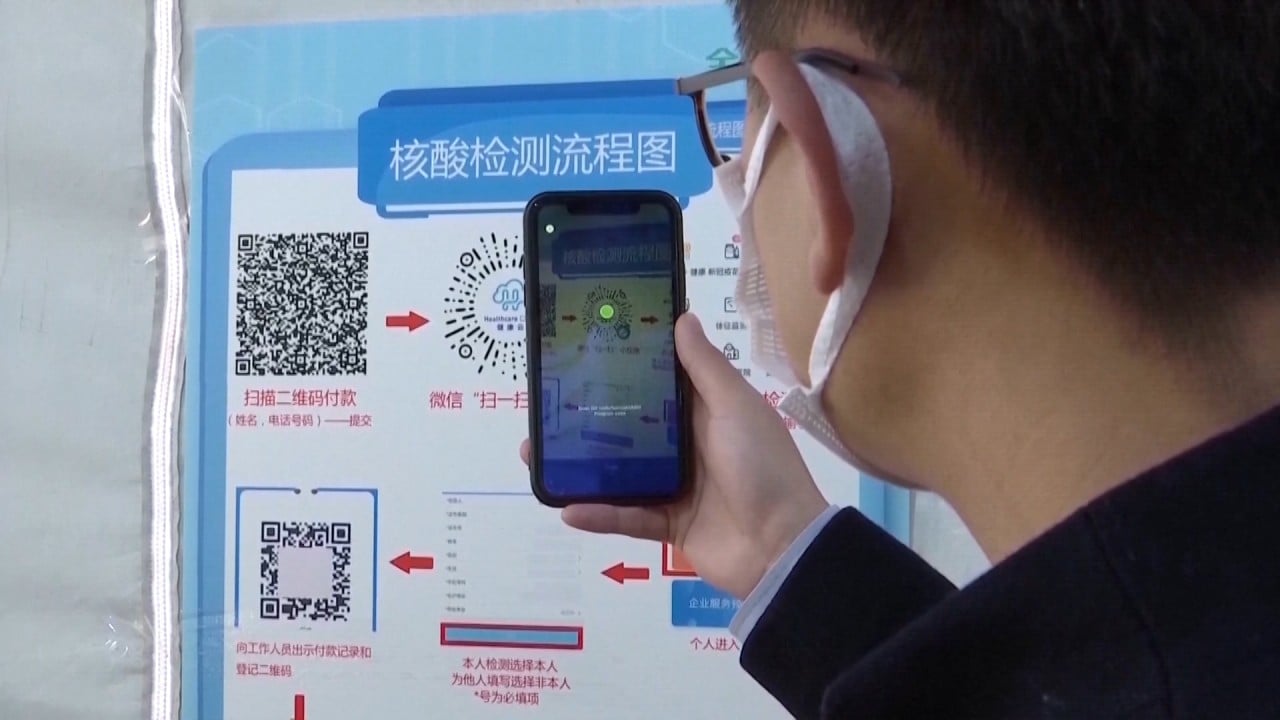Opinion | US-China tech rivalry is playing out in the Middle East and 5G is at the core of region’s balancing act
- Alarm over the China-Iran strategic deal is distracting from ‘digitisation with Chinese characteristics’ taking place in the Middle East
- Beijing is increasing its strategic presence in the region not only to preserve its energy security, but also to assert its rise in the digital realm

The reality is murkier, as few details of the pact have been made known. In any case, such deals are par for the course in ties between China and Middle Eastern countries. More importantly, excessive focus on the agreement means missing a much more important development: the “digitisation with Chinese characteristics” that is taking place in the region.
Beijing is increasing its strategic presence in the region not only to preserve its energy security, but also to assert its rise in the digital realm. While Iran does not have many options outside the Chinese digital ecosystem, the rest of the region, particularly the Gulf Cooperation Council countries, is trying to thread the eye of the needle by balancing the use of Chinese tech against American efforts to block the use of such systems.
The issue is central to efforts by Gulf countries to transform their economies and wean them off hydrocarbon exports – moving towards a digital economy is a key plank of this drive.
5G and the ability to transfer data at high speed is at the core of the balancing act – choosing between Chinese ICT giants such as Huawei Technologies Co and ZTE, and Western rivals such as Ericsson, Nokia, or Cisco.
But the issue is much wider, as Beijing’s Digital Silk Road programme aims to place China at the core of the fourth industrial revolution, which encompasses digital security, e-services, and smart cities integration, and includes everything from underwater fibre-optic cables to the Beidou satellite navigation system.

